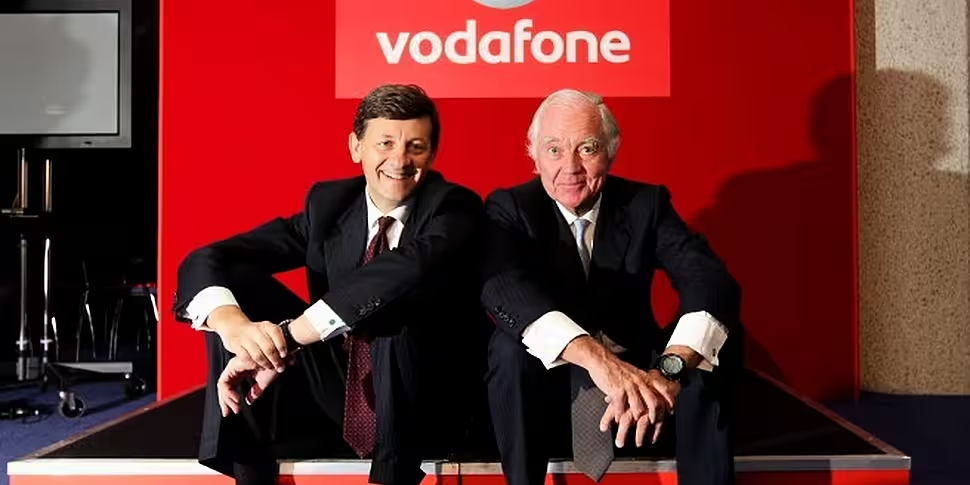Vodafone has announced details of a global effort to prevent its advertising appearing on any hate speech or fake news outlets.
The British group has new rules now in effect intended to block such digital channels and publications from benefiting from their business, and providing a clear definition of what it considers hate speech and fake news to be.
There has been no change to their policy on whether customers can access these outlets on its network.

The new rules state:
Vodafone, third parties acting on its behalf and its advertising platform suppliers (including, but not limited to, Google and Facebook) must take all measures necessary to ensure that Vodafone advertising does not appear within hate speech and fake news outlets. We define these as outlets whose predominant purpose is the dissemination of content that is:
- deliberately intended to degrade women or vulnerable minorities (“hate speech”); or
- presented as fact-based news (as opposed to satire or opinion) that has no credible primary source (or relies on fraudulent attribution to a primary source) with what a reasonable person would conclude is the deliberate intention to mislead (“fake news”).
Note that:
- the term “outlet” encompasses all social media, digital, print and broadcast channels, sites, apps, programmes and publications;
- the term “advertising” encompasses all forms of brand promotion including advertising, advertorial, sponsorship and co-marketing arrangements; and
- these mandatory rules apply to all Vodafone brands, subsidiary brands, joint venture brands and sub-brands.

The hate speech and fake news definitions, above, apply to an outlet as a whole. The test is whether or not the predominant purpose of the entire outlet is to communicate and share this kind of harmful material.
An outlet that carries some hate speech or fake news content – but where the majority of content disseminated would not meet the tests above – must not be categorised as warranting exclusion from advertising whitelists on hate speech/fake news grounds.
Vodafone acknowledged that automated advertising was a "powerful tool", but voiced its concerns that "in a small minority of instances it can also lead to unintended and potentially harmful outcomes including advertising appearing next to offensive content."

It also noted that these ads generate revenue for undesirable outlets. It was putting in place measures, therefore, to prevent Vodafone being marketed within outlets that are "fundamentally at odds" with the company's values and beliefs.
Vodafone group executive Vittorio Coloa said:
"Hate speech and fake news threaten to undermine the principles of respect and trust that bind communities together. Vodafone has a strong commitment to diversity and inclusion; we also greatly value the integrity of the democratic processes and institutions that are often the targets of purveyors of fake news.
"We will not tolerate our brand being associated with this kind of abusive and damaging content."

Vodafone's strong stance could motivate other major global advertisers to get proactive, and follows on from a YouTube boycott in March as big brands woke up to the fact that the Google-owned site was streaming extremist content alongside its ads.
Some 250 brands pulled their ads from the platform worldwide after the publication of a Times of London report on how ads were being paired with YouTube videos created by sympathisers to the likes of the Islamic State and the pro-Nazi Combat 18. Market analysts estimated that Google lost as much as €750 million in revenue as a result.
Advertisers started to return once Google announced that it was introducing new tools to tackle extremist content and overhauling its policies.










